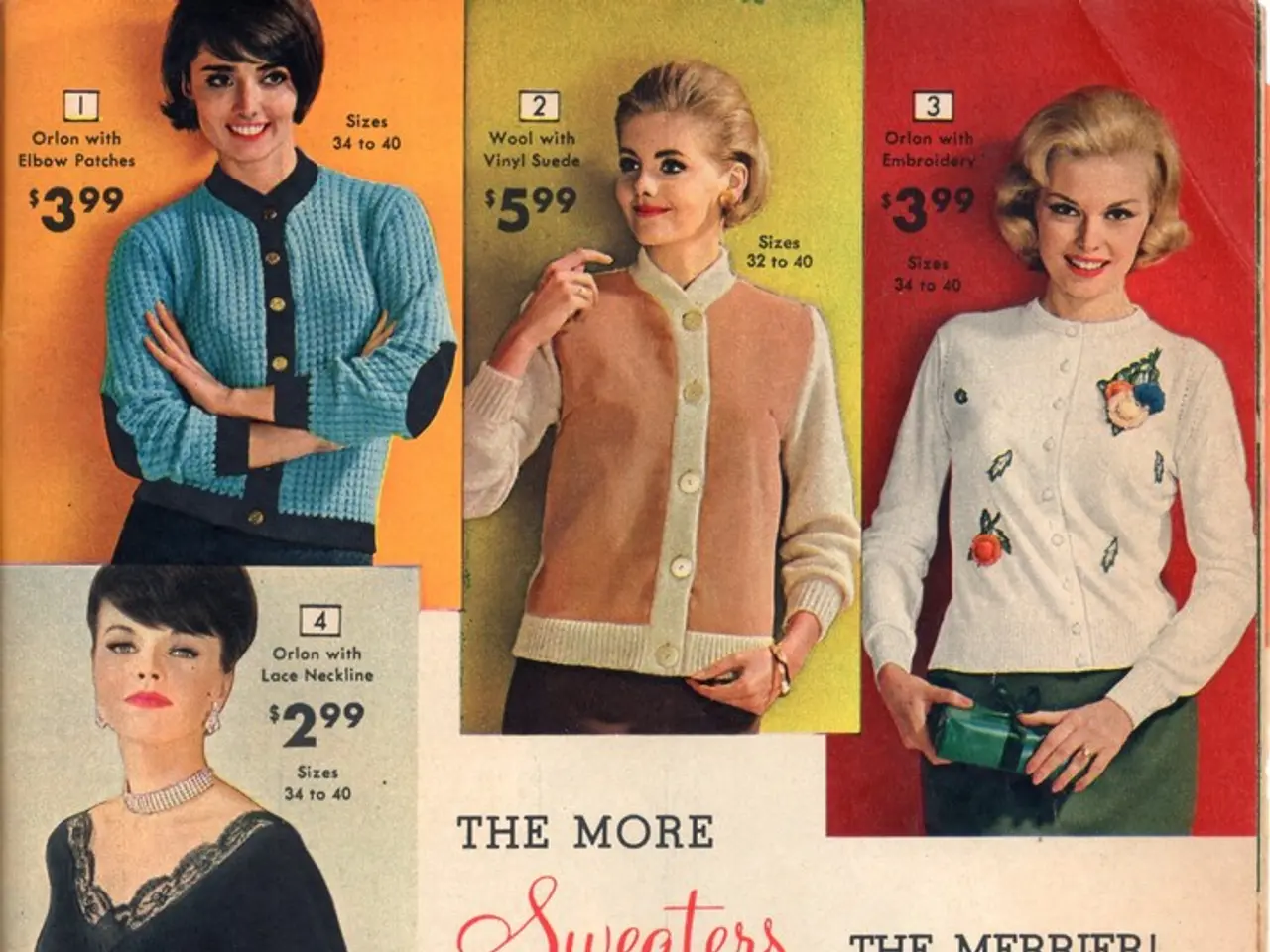Exploring Brooklyn's Yiddish Culture: Balancing Archive, Stage, and Community Interaction
The Queer Tribute to Aaron Lebedeff, a significant event in the contemporary Yiddishist community, is a celebration of how modern Yiddish culture embraces diversity and reclaims historical figures through an inclusive lens. Aaron Lebedeff, a renowned Yiddish performer known for lively, humorous songs, is an icon of traditional Yiddish musical culture.
This tribute demonstrates how the current Yiddishist community:
- Reinvigorates historical Yiddish culture by celebrating icons like Lebedeff in new contexts, connecting past and present artistic expressions.
- Centers queer identities within Yiddish culture, highlighting that Yiddish culture is pluralistic and dynamic rather than monolithic.
- Challenges traditional narratives, allowing for more inclusive understandings of cultural history and culture-making.
- Fosters cross-generational and cross-community dialogue, strengthening cultural continuity while embracing contemporary social values.
The concert, "Oy, I Like They...A Queer Tribute to Aaron Lebedeff," explores the work of Yiddish theater star Aaron Lebedeff. The arrangements of his songs, such as "Az Men Farzucht, Un S'is Gut," feature gay themes and specific Jewish content. The musical arrangements in the Queer Tribute version of "Az Men Farzucht" are conceptually linked to the original record.
The festival, Yiddish New York, held in New York City during the Christmas holiday week, was founded in 2015. This year's festival was planned to return to in-person concerts and group events, but was conducted online due to the Omicron-variant surge in New York City. Despite the online format, archival research has undergone a surprising boom during the festival and other digital gatherings.
The Queer Yiddish aesthetic, which emerged in the 1980s against the backdrop of the AIDS epidemic and the maligning and devaluing of the lives of its victims, offers a refusal of marginalization and centers the experience of "outsiders" to the mainstream. The festival features concerts by renowned musicians, as well as classes in Yiddish language and klezmer music performance, and lectures on Ashkenazi culture. Klezmer music plays a central role in the festival, with performances, workshops, and jam sessions.
Shane Baker, in the role of Mitzi Manna, announced the Covid status of participants in the Queer Tribute to Lebedeff concert. The festival is notable for fostering an intergenerational community, attracting both elder Jews and the youth-oriented politically conscious Jewish activist scene.
Next week, observations about an important archival research project presented at Yiddish New York and the musical performances the project has inspired will be offered. The Queer Tribute to Aaron Lebedeff exemplifies the broader approach of many in the contemporary Yiddishist community who seek to "queer" Yiddish culture—embracing its humor, musical vibrancy, and linguistic richness while expanding its narratives to be more inclusive, affirming diverse gender and sexual identities within this diasporic heritage.
- The Queer Tribute to Aaron Lebedeff showcases how contemporary Yiddish culture, through its celebrations, reinvigorates traditional Yiddish music, connecting it with modern lifestyles and fashion-and-beauty trends.
- This tribute also underscores the importance of education-and-self-development in understanding cultural history, as it challenges traditional narratives and offers more inclusive perspectives.
- Personal-growth opportunities are offered at the festival through classes in Yiddish language and klezmer music performance, fostering skills-training and self-improvement.
- Career-development may be found within the Yiddishist community, as demonstrated by the politically conscious Jewish activist scene attracted to the festival.
- The Queer Tribute to Aaron Lebedeff is a testament to the interdisciplinary nature of the Yiddishist community, as it intertwines music, pop-culture, and sci-fi-and-fantasy elements in its celebrations.
- The entertainment value of the festival extends beyond the Yiddishist community, as it engages celebrities and draws attention from the mainstream, spreading awareness about Yiddish culture and its diverse elements.




